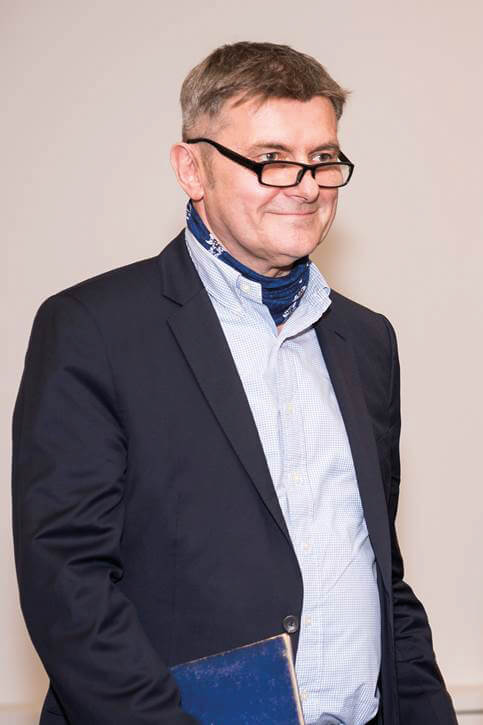„To achieve the possible, we must attempt the impossible again and again.“
Hermann Hesse
The businessman Rainer Opitz is known in the numismatic world for his dedication to coins and medals of the history of the Reformation.
For Rainer Opitz, the 500th anniversary of the “Revolution”, initiated by Martin Luther’s posting of the Theses on the door of All Saint’s Church in Wittenberg and the subsequent schism of the Roman-Catholic Church in Europe, remained the pivotal historical event that decisively shaped his life as a collector. Luther and the Reformation massively changed the political landscape in Germany, but also in Europe. The division of the Church was deeply rooted in people’s consciousness and the distrust of other denominations has fundamentally influenced societal life, at least in Germany, up to the present day.
The denominational schism was further intensified by the societal changes after the Second World War. The expulsion of Germans from the eastern provinces Pomerania, Silesia and East Prussia, as well as the Sudeten-Germans from Czechoslovakia resulted in an entirely new confrontation in a Germany reduced in size and split into two countries: in the western part, the Federal Republic of Germany was established as a parliamentary democracy; in the east, the German Democratic Republic (which German chancellor Konrad Adenauer often defamatorily referred to it as the “Soviet zone”), was set up as a one-party state, dependent on Moscow, a dictatorship of Stalinist character under the governance of the SED (= Socialist Unity Party).
The economic boom of the Federal Republic of Germany would not have been possible without the new citizens from the east. The intermingling of expellees and “old” citizens nevertheless resulted in numerous conflicts, not least because of the numerous mixed marriages between Catholics and Protestants. It took too long until the positive development of ecumenism began. The issue is as relevant as ever today, seeing as the Roman-Catholic Church finds itself in an existential crisis triggered by countless scandals and crimes of clerics in connection to sexual abuse. The key demands of abolishing celibacy for Catholic clerics and of strengthening the influence of women are extremely important for the Catholic Church today, even though the papacy appears to struggle with accepting fundamental changes. These deep sociological questions were probably something Rainer Opitz pondered along with his enthusiasm for coin collecting.
In a very personal conversation several years ago, he confided in me that he was terminally ill and that the future of his health and personal life was uncertain. He said that was the reason why he decided to have his collection sold by the auction house Künker. It was very important to him that the comprehensive book on his own collection that he initiated would be published by Künker. Unfortunately, he did not get the chance to see the work for himself. It will be published in 2019, which is an honor and the expression of our respect at the same time.
In 2017, Oliver Köpp wrote a portrait about the collector Rainer Opitz in the context of our Auction 297, which shall be republished at this point.
His widow Sabine Reif cited Hermann Hesse in her obituary for Rainer Opitz. The actions and aspirations of Rainer Opitz are perfectly summarized in the quote: “To achieve the possible, we must attempt the impossible again and again.” During Rainer Opitz’s memorial at the Kunstforum in Potsdam, this motto, which Rainer Opitz used to motivate his employees and friends, was repeatedly emphasized. His strong leadership qualities allowed Rainer Opitz to go far, while never losing his authenticity: 13,000 employees work at his company promota GmbH today.
His social-minded attitude made him a role model in the eyes of his employees. Whenever the demanding and strong-willed businessman and his propensity for discussions strained the nerves of his managers to the breaking point, one fact remained certain for everyone: for Rainer Opitz , it was always about the matter he wanted to promote. He may well have acquired his ascribed leadership qualities during his career in the GDR’s National People’s Army. After finishing his PhD in philosophy at the Humboldt University in Berlin, he was promoted to the rank of lieutenant-colonel of the NPA during the late stage of the GDR.
Rainer Opitz leaves a big gap in both his family and his company. The world of numismatics will miss the enthusiastic collector who will be remembered through his field of research and collection “Reformatio in Nummis”.




